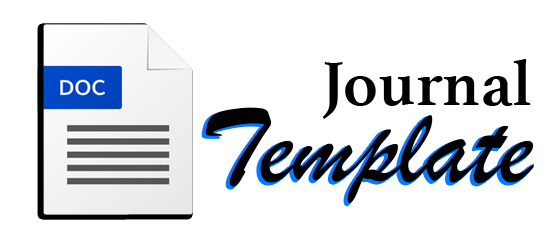Guided Qur’an Learning Using the Ummi Method: Building Fluency and Spiritual Engagement
DOI:
https://doi.org/10.58223/al-ridha.v3i1.584Keywords:
Ummi Method, Qur’anic literacy, Tajwid, Islamic EducationAbstract
The Qur’an was revealed in the Arabian Peninsula using the Arabic language; therefore, learning Arabic is essential to read, understand, and apply its teachings effectively. This study explores the use of the Ummi Method in Qur’anic learning at Sekolah Rendah Islam Al-Falah Bestari, Malaysia. The Ummi Method is a structured approach to reading the Qur’an that emphasizes tartil (measured recitation) based on tajwid principles and adopts a mother-tongue approach rooted in affection and empathy. It employs a combination of classical read-listen activities and a quality assurance system involving tashih (correction), tahsin (refinement), and teacher certification. The study focuses on three key quality aspects: qualified methodology, competent teachers, and a reliable system. Using a participatory observation method, the researcher directly engaged in classroom learning within a short research period. The findings revealed that many students initially struggled with correct recitation and memorization despite recognizing Arabic letters. However, after applying the Ummi Method, there was a noticeable improvement in their reading accuracy, fluency, and memorization of short surahs. This research contributes to strengthening Qur’anic pedagogy by demonstrating that the Ummi Method effectively enhances students’ motivation, comprehension, and spiritual connection through a systematic, affectionate, and quality-based learning framework
References
Abdullah, M. (2019). Community leadership and educational development in Malaysia. Kuala Lumpur: Dewan Bahasa dan Pustaka.
Ahmad, M. (2021). Improving Qur’anic Literacy Through Phonetic-Based Learning Approaches in Islamic Primary Schools. Journal of Islamic Education, 9(2), 145–157.
Aziz, N. (2023). Implementation of Quranic teaching models in Malaysian Islamic schools. Journal of Islamic Education Studies, 15(2), 134–148.
Creswell, J. W. (2018). Qualitative inquiry and research design: Choosing among five approaches (4th ed.). Thousand Oaks, CA: Sage.
Hanifah, N. (2021). Implementation of Ummi Method in Strengthening Qur’anic Reading Fluency. Al-Ta’dib: Journal of Islamic Education, 14(1), 22–34.
Hassan, S., & Zulkifli, N. (2022). Evaluating the effectiveness of Quranic reading methods among primary school students. Asian Journal of Islamic Education, 10(1), 45–59.
Hussin, A. (2020). Historical transformation of new villages in Malaysia. Kuala Lumpur: University of Malaya Press.
Ibrahim, R. (2021). Islamic school leadership and character education in Malaysia. Malaysian Education Review, 8(1), 22–35.
Mahmood, R. (2023). Pedagogical Challenges in Qur’anic Literacy Programs in Malaysian Islamic Schools. Malaysian Journal of Education, 48(3), 101–115.
Masruri, & Yusuf, A. (2018). Metode Ummi dalam pembelajaran Al-Qur’an. Surabaya: UMMI Foundation.
Nasir, M. (2022). Integrating Quranic memorization in primary Islamic education. International Journal of Tahfidz Studies, 5(3), 201–215.
Noth, W. (1990). Handbook of Semiotics. Indiana University Press.
Peirce, C. S. (1931). Collected Papers of Charles Sanders Peirce. Harvard University Press.
Rahim, A. (2021). Humanistic approaches in Quranic learning: A study of compassion-based pedagogy. Islamic Pedagogical Review, 7(2), 98–112.
Rahman, A., & Halim, F. (2022). Islamic education and community engagement in Selangor. Malaysian Journal of Social Development, 12(4), 55–70.
Rahman, F., & Yuliana, D. (2020). The Effectiveness of Ummi Method in Qur’anic Reading for Elementary Students. Journal of Islamic Studies, 8(4), 112–124.
Ummi Foundation. (2022). Pedoman Pelaksanaan Metode Ummi dalam Pembelajaran Al-Qur’an. Surabaya: Ummi Foundation Press.
Yusoff, R. (2021). Urban development and socio-religious change in Selangor. Journal of Southeast Asian Studies, 52(3), 312–329.
Zakaria, H. (2020). Religious education policy and the role of JAKIM and JAIS. Malaysian Islamic Governance Review, 4(1), 77–90.
Downloads
Published
How to Cite
Issue
Section
License
Copyright (c) 2025 Al-Ridha: Jurnal Pengabdian kepada Masyarakat

This work is licensed under a Creative Commons Attribution-NonCommercial 4.0 International License.


